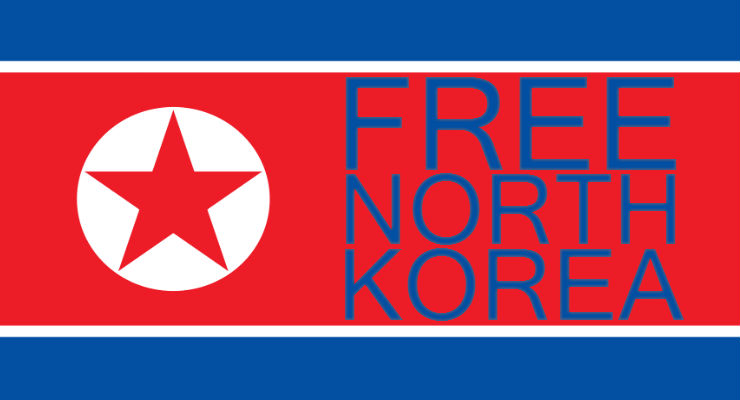
Human Rights Watch calls for immediate action to stop what it says is widespread sexual abuse in North Korea.
In an 86 page report released Thursday, the group says its three year study of the issue has found that abuse against women is so common, “it has come to be accepted as part of ordinary life,” in North Korea.
The Human Rights Watch report follows a July 2018 white paper on North Korean human rights published by the Korean Institute for National Unification. The white paper reported “women are easily exposed to domestic violence, gender-based exploitation, and violence in society, and the social conditions where women can be protected from such violence or seek relief were found to be lacking.”
In its report, Human Rights Watch said, “The government [of North Korea] fails to investigate and prosecute complaints, or to provide protection and services to victims, and even asserts that the country is implausibly free of sexism or sexual violence.”
“Sexual violence in North Korea is an open, unaddressed, and widely tolerated secret,” said Kenneth Roth, Human Rights Watch’s executive director.
“North Korean woman would probably say ‘Me Too’ if they thought there was any way to obtain justice,” Roth said, “but their voices are silenced in Kim Jong Un’s dictatorship.”
Extensive tales of abuse
Researchers for Human Rights Watch interviewed 54 North Koreans for this report. Roth called it “the most extensive study ever done of sexual violence in North Korea.”
“Like all research on North Korea, it’s difficult because one cannot get physical access to the country,” he said, noting as with other research and reporting, it relied on interviews with individuals who had escaped the country.
A participant in the study, Oh Jung Hee, told researchers she had been sexually assaulted numerous times.
Oh said market guards where she worked, and police officers, considered the women working as traders to be “sex toys.”
“We [women] are at the mercy of men,” she said, adding that the sexual violence toward women was so commonplace, that the men didn’t think it was wrong and women have been conditioned to accept it as normal and routine.
Human Rights Watch’s Emma Daly said in North Korea, men with power “sexually harass, rape or abuse women, really taking advantage of the climate of fear in the country.”
She clarified that “men in power” extends to nearly anyone within the system, from soldiers to guards to party officials.
“We spoke to women who fled North Korea and they tell us that this kind of sexual assault [and] sexual harassment is extremely rife within the system. You find it in almost every part of life,” Daly said.
Roth further contextualized the problem facing those in North Korea, saying women “feel a horrible combination of powerlessness to escape sexual abuse and violence, but also shame when they are victimized.”
A call for action
Human Rights Watch called upon North Korea to take serious steps to end the violence perpetrated against women. Roth asserted North Korean leader Kim Jong Un could end the problem “tomorrow” and not affect his grasp on power, yet “would make an enormous difference for the lives of North Korean women.”
Roth urged the North Korean government to acknowledge the problem and ensure that police and prosecutors in the courts treat sexual violence as a serious crime, “rather than sweeping it under the rug.”
He said North Korea should also accept international assistance on how to hold officials accountable for abuses and how to protect victims who fear coming forward.
South Korean President Moon Jae-in has not broached the subject of human rights abuses with North Korea and declined to meet with Human Rights Watch about its findings.
In an email to VOA, the South Korea’s unification ministry wrote, “The government places emphasis on human rights in the notion of universal value and ethnicity, and strives to continuously improve the quality of life for North Koreans.”
“The [Pyongyang] Joint Declaration of September contains numbers of agreements on inter-Korean exchanges and easing military tensions. If the agreements are well carried out, it will contribute to not only the improvement of inter-Korean relations and peace settlement on the Korean peninsula, but also the improvement of human rights of North Korean people,” the message said.
South Korea’s foreign ministry said Seoul would work with the international community to make practical improvements for human rights in North Korea, and that by pursuing peace and warmer inter-Korean relationships, a positive improvement on human rights in North Korea can be achieved.
Roth called Moon’s focus on denuclearization and closer economic relations “naive and short-sighted.” He called for Moon to “stop hiding behind the denuclearization talks as an excuse, never to talk about human rights.”
Leave a Reply